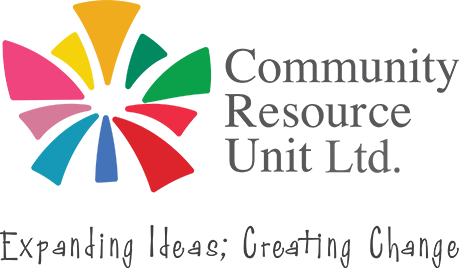This edition of CRUcial Times focuses on the theme of "Contemporary Understandings of Autonomy, Empowerment and Self-Determination"
This edition contains the following articles:
Editorial: Contemporary Understandings of Autonomy, Empowerment and Self-Determination
Jane Sherwin
From the President
Mike Duggan
Now I Can Please Myself
Christine Pampling lives in Toowoomba. She is a sought-after guest speaker in her local community, having presented her personal story to sporting clubs, government forums, local community groups, and conferences. Her life experiences are presented with particular focus on her transition from hospital to community. In this article Christine reflects on what autonomy means in her life.
Understandings of empowerment: Little clarity but good intent
Greg Mackay has had significant involvement in disability issues for over thirty years in a range of roles. He is currently Chair of the Brisbane Social Role Valorisation Group, called Values Action Assoc. Inc., and is a PhD student at the University of Qld. He has worked in the government and non-Government sector. Since writing this article he has taken up the position of Director, Centre for Social Justice, UnitingCare Queensland. Greg explores how the concepts of autonomy, empowerment and self-determination have emerged, and some of the problems associated with these concepts.
Autonomy, Independence and the transition from school
Selina Maffey is a parent from Far North Queensland where she and her daughter live on a farm. In this article Selina reflects on her role in supporting her daughter’s growing independence, and the tensions and rewards that this brings her.
When Services are Beyond ‘Caring’
Kellie Nelson is the coordinator of a recreation and leisure service for people who have significant impairments. In this article Kellie reflects on the role services have in supporting people to have more autonomy in their lives, and what it takes to move ‘beyond caring’.
The Gift of Choice
Patrick Heraghty is a resident of Far North Queensland. He has Multiple Sclerosis and works part time. He has a wife, Jenny, and four children, one of whom has an intellectual disability. His main aim in life at the moment is to fix their family bus and travel again. Patrick makes the link between autonomy and self-determination and the notion of ‘choice’ .
Mutuality as a Framework for Autonomy
Belinda Drew is the Company Secretary Mutual Aid Manager with Forester ANA Mutual Society. Belinda trained as a social worker and has been involved with services offering a range of support to people with a disability including respite services, recreation and individualised support services and service for people with an intellectual disability who are homeless. In this article Belinda explores the way in which the principles of mutuality can inform human service delivery and support people to have more control of their own life.
Why Independence Does Not Equal individualism
Fiona Kumari Campbell is a lecturer and convenor of the Disability Studies Program, in the School of Human Services at Griffith University. She is also a person with a disability. Fiona has a strong interest in systemic advocacy and human rights. Fiona provides an analysis of some of the philosophies that inform discussions of autonomy and speaks to the importance of challenging these dominant mindsets.
